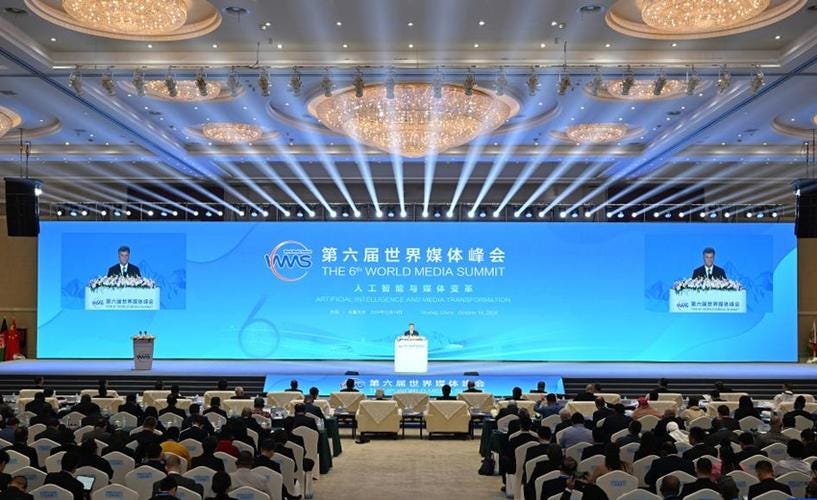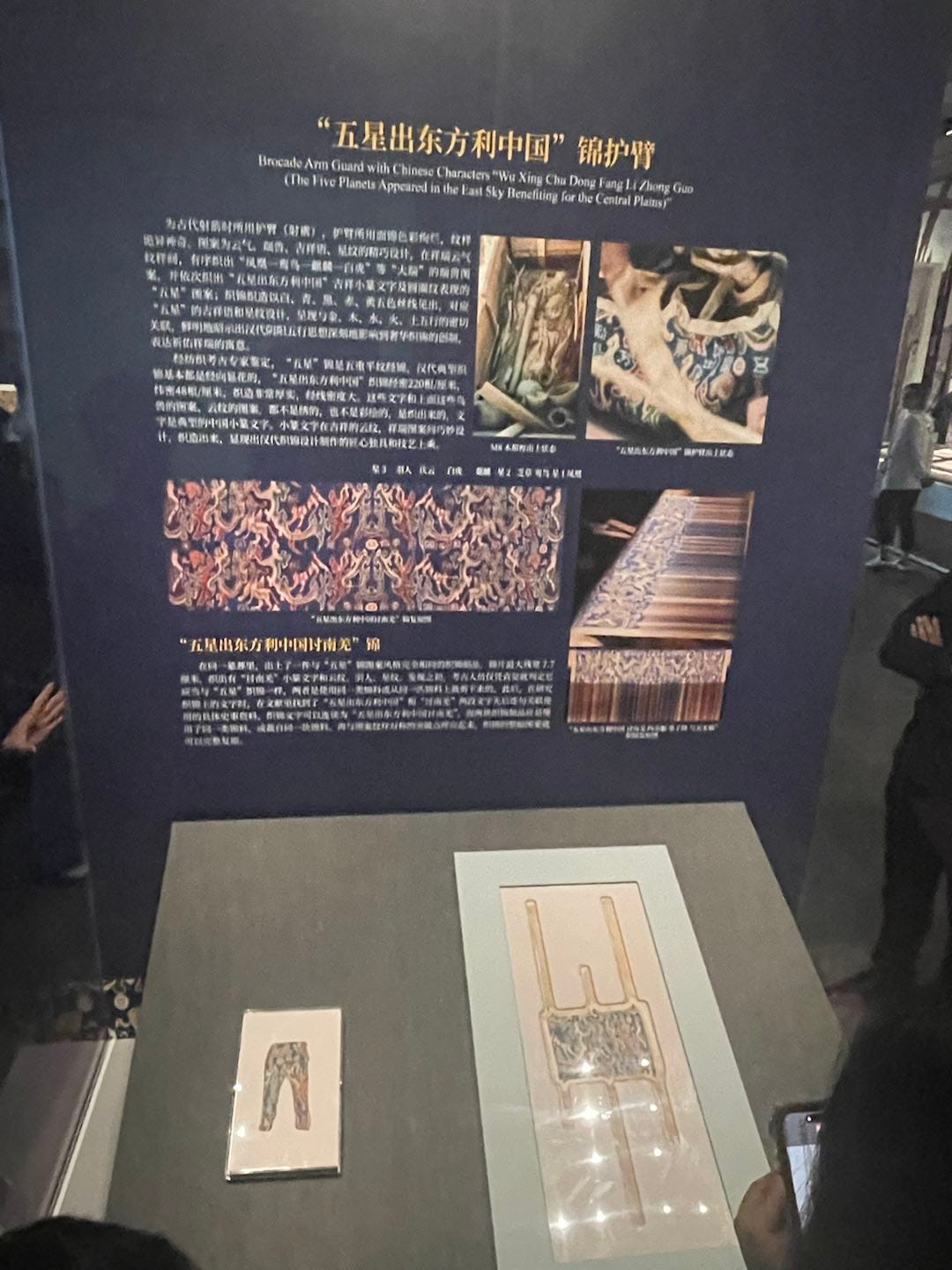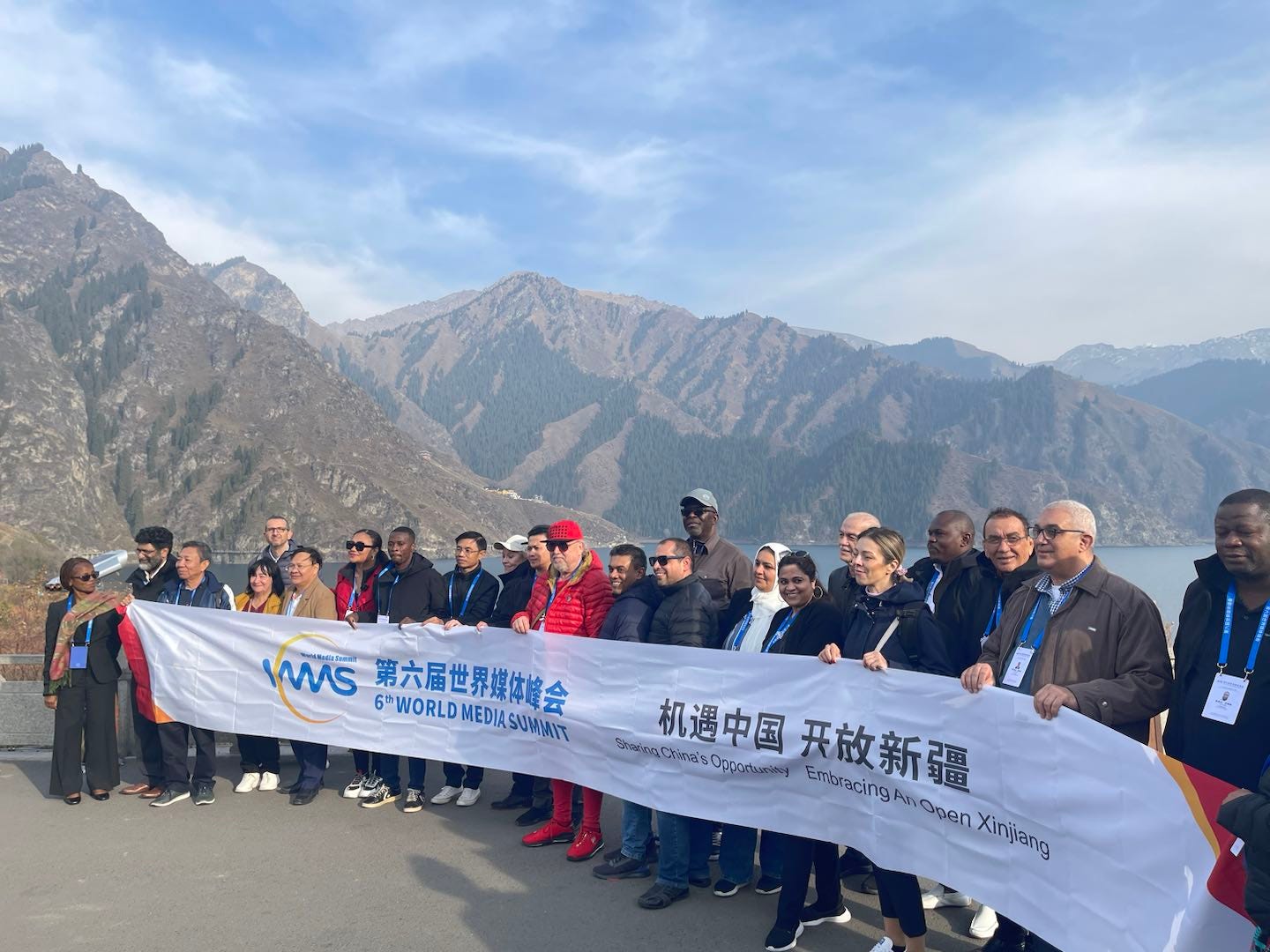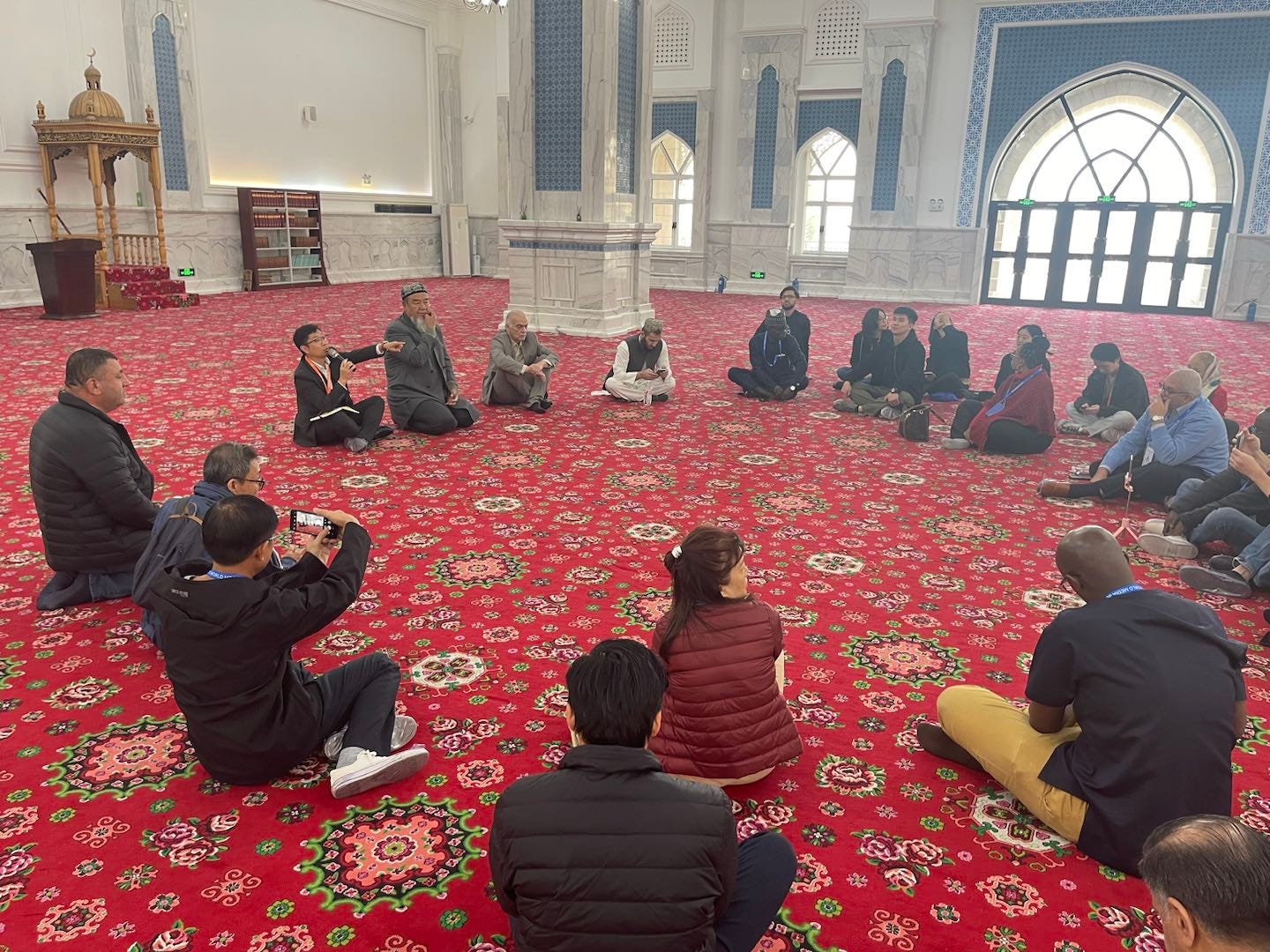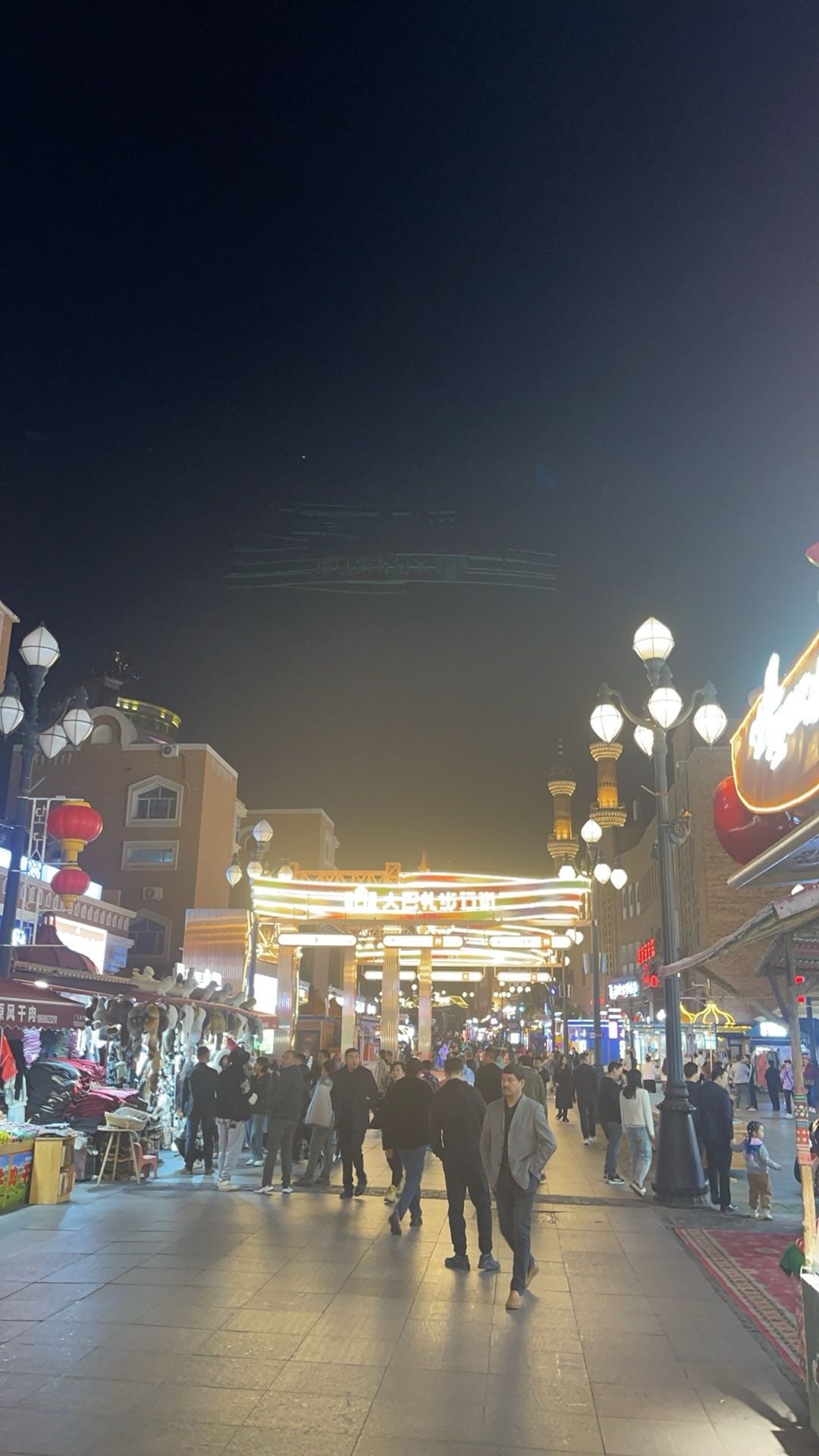Over the past few days, I attended the 6th World Media Summit in Xinjiang, where representatives from 208 institutions, including media outlets, government agencies and international organizations, engaged in discussions highlighting the transformative impact of AI on the global media industry. They examined the media's evolving role and responsibilities amid this technological revolution. I also made many new friends in the media community.
One noteworthy aspect of the summit was the consensus reached on addressing the opportunities and challenges that artificial intelligence presents to the media, which is outlined as follows:
The consensus highlighted that participants, focusing on "Artificial Intelligence and Media Transformation," engaged in extensive and deep discussions on five key topics. They analyzed the opportunities and challenges brought about by the rapid advancement of artificial intelligence (AI) technology to the global media industry, explored the role and responsibilities of media in the new round of technological and industrial revolutions, and deliberated on how to better narrate the stories of modernization around the world, promoting global development collaboratively.
One of the most striking observations from the summit was that some mainstream news agencies are gradually using artificial intelligence as an auxiliary tool in various aspects of reporting, without directly employing generative AI to write news articles. This approach, in my view, is a clear trend that not only boosts efficiency but also frees up journalists to devote more energy to creating higher-level content.
Delegates noted the swift progress of AI technology globally, which profoundly impacts socio-economic development and the advancement of human civilization. Simultaneously, the technology also poses various unforeseen risks and challenges.
The participants recognized that AI governance is crucial for the fate of humanity, representing a common challenge faced by all nations. There is an urgent need to delve into this issue, build consensus, seize opportunities, and tackle challenges together. Global media should act as a bridge for the international community to understand and address the opportunities and challenges presented by AI development.
Actually, it's quite an achievement to have gathered so many media outlets together. Having the opportunity to discuss face-to-face the opportunities and challenges posed by artificial intelligence has given me a certain confidence in the future.
Furthermore, they believed that global media should wisely employ new AI technologies to innovate news gathering and dissemination, accelerate intelligent and digital transformation, narrate stories of AI enabling sustainable development, and enhance AI's role in serving global development and improving human welfare, thus paving the way for a brighter, AI-enabled future for all nations.
Facing the rapid development of AI technology, global media must always uphold journalistic ethics and professional standards, providing audiences with accurate, objective, comprehensive, and fair news. They should resist the production of fake news and the spread of rumors using AI technology, thereby maintaining the authority and credibility of the media.
"Fake news" was perhaps the term most frequently mentioned by the media at the summit in relation to the negative effects of artificial intelligence. Indeed, generative AI can now create highly realistic images that blur the line between truth and falsehood. It is time for global media to collaborate in addressing the challenges posed by this kind of fake news.
The delegates expressed confidence that this summit would foster broad consensus and deepen cooperation among global media, propelling countries to share in the fruits of AI development, pursue high-quality development together, and contribute powerfully to the construction of a shared future for humanity and a better world.
This year's summit is jointly organized by Xinhua and the Xinjiang regional government. As the global media community gathered for the summit to discuss safeguarding the core values of journalism -- objectivity and truth -- they were offered a valuable opportunity to gain firsthand insights into Xinjiang.
Below are some pictures I took with other media during this trip in Xinjiang :



